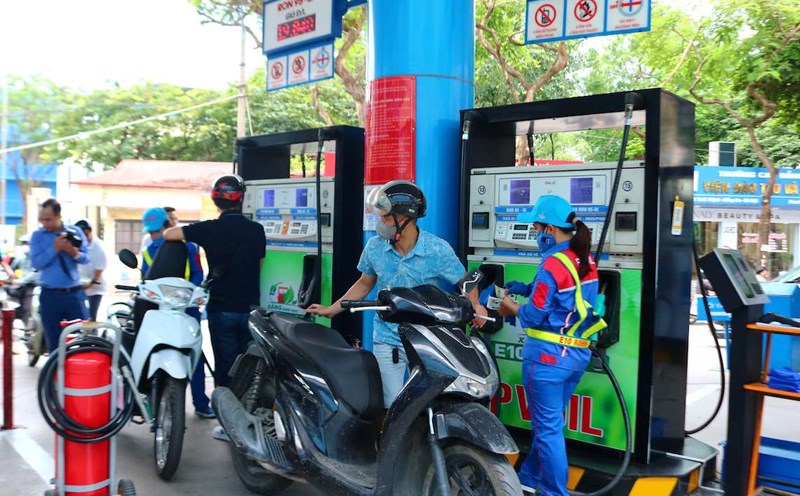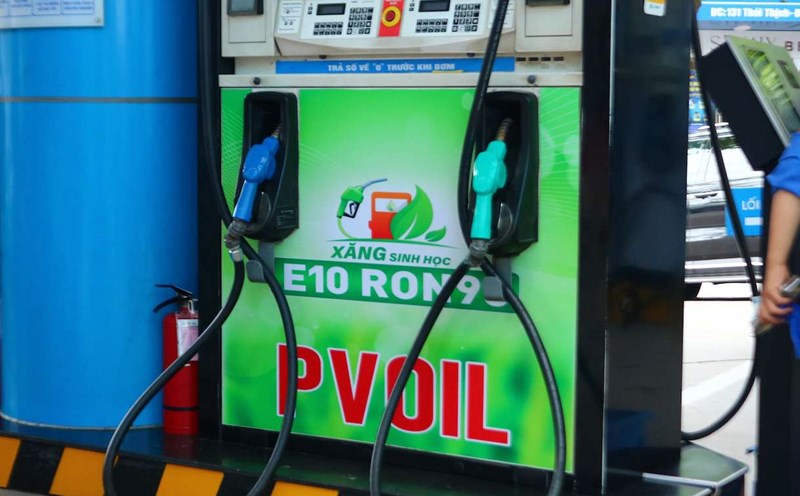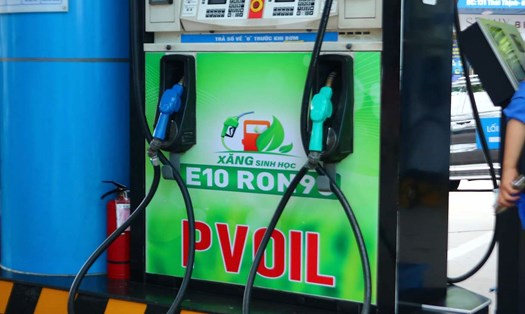The Ministry of Industry and Trade issued Circular 50/2025 on the ty lech of biofuel blending regulations on the roadmap for using E10 gasoline. Accordingly, from June 1, 2026, non-lead gasoline according to current standards must be combined into E10 gasoline to be used for gasoline engines nationwide. E5 RON92 gasoline mixing will continue until December 31, 2030.
The Circular clearly states that during the implementation process, based on the socio-economic, technical, technological, supply-demand and price situation, the Minister of Industry and Trade can adjust the mixing ratio or supplement the types of gasoline for business to ensure energy security, environmental protection and consumer rights.
During the period when it is not mandatory to use B5 and B10 bio-dieseese for diesel engines, the Circular encourages organizations and individuals to produce, mix, trade and use these two types of fuels.
The Ministry of Industry and Trade assigned the Domestic Market Management and Development Department to coordinate with the Ministry of Finance to develop and propose tax, fee and financial support policies to promote business and use of gasoline and biofuel. At the same time, guide the pricing method, ensure compliance with market principles and have State management.
The roadmap for applying E10 gasoline is 6 months later than the plan previously proposed by the Ministry of Industry and Trade. Last August, the petroleum market management agency proposed that from January 1, 2026, all gasoline for petroleum-powered vehicles must be E10 gasoline.
Previously, from August 1, E10 gasoline was piloted for sale by the Vietnam National Petroleum Group (Petrolimex) and the Vietnam Oil Corporation (PVOIL) in 3 major cities including Hanoi, Ho Chi Minh City and Hai Phong.
According to the Ministry of Industry and Trade, Vietnam currently has 6 ethanol (E100) factories with a total designed capacity of about 600,000 m3 per year. Factories operating at full capacity will meet about 40% of the demand for sithanol for E10 blending. The operator said the remaining amount could be compensated by imports from the US and Brazil - the world's two largest alcohol producers. The Ministry of Industry and Trade has estimated that the whole country will need 1.5 million m3 of E100 per year for blending, based on the total demand for gasoline of about 15 million m3 in 2024.











